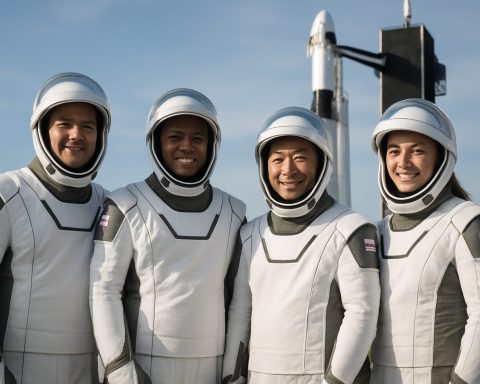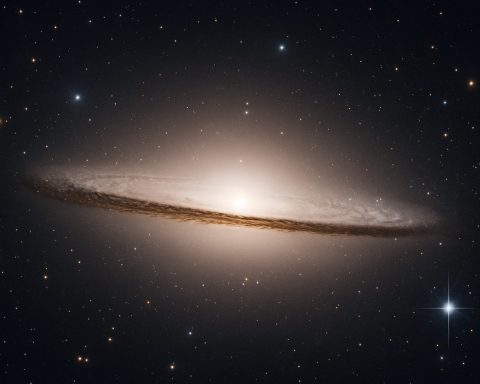ISS
The ISS, or International Space Station, is a large spacecraft in low Earth orbit that serves as a unique laboratory for scientific research and international cooperation in space exploration. It is a collaborative project involving multiple countries and space agencies, primarily NASA (United States), Roscosmos (Russia), ESA (European Space Agency), JAXA (Japan), and CSA (Canada). The ISS facilitates a range of experiments and technology demonstrations in various fields such as biology, human biology, physics, astronomy, and meteorology, taking advantage of the microgravity environment. The station is also a platform for educational outreach and fostering international collaboration on scientific endeavors. It orbits the Earth approximately every 90 minutes and has been continuously inhabited since November 2000.









